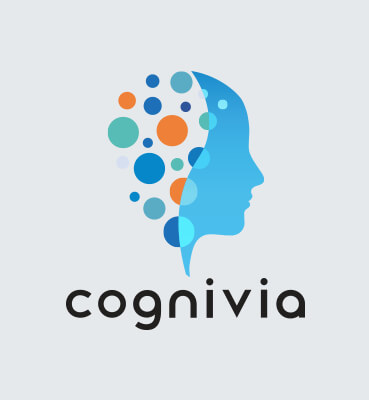As clinical trials become more complex, are conducted at more sites with multiple vendors (clinical sites, CROs, e-PRO, data management vendors, etc.), properly protecting data integrity becomes increasingly critical. Regulatory agencies like the FDA and EMA are particularly intent on ensuring data integrity in clinical trials to maintain their ability to accurately evaluate safety and efficacy of experimental therapeutics. As a partner in the analysis of clinical trial data, Tools4Patient has invested significantly in building a quality infrastructure to ensure that data integrity is maintained.
Why is data integrity a hot topic in GxP?
In a clinical research environment, Good documentation practice, recordkeeping, and data integrity are an essential part of the sponsor/CRO/vendor quality assurance system and are vital to operating in compliance with GCP and regulatory requirements. Even more importantly, data integrity is a critical component in protecting patient and the public. Regulators and health agencies (US FDA, MHRA, EMA,WHO…) have increasingly stressed the importance of the topic in guidance, citations, and public comments. For example, the FDA issues their guidance “Data Integrity and Compliance With Drug CGMP Questions and Answers Guidance for Industry” in 2018.
Because of this, pharmaceutical and biotechnology companies – as well as their contractors (including CROs, central labs and other vendors– must maintain and ensure the accuracy and consistency of clinical data and records over their entire life cycle. A lack of acceptable data integrity practices in clinical research can lead to serious regulatory and financial consequences.
What is data integrity?
Data integrity as defined by the WHO “is the degree to which data are complete, consistent, accurate, trustworthy and reliable”.
The data in GxP environments should be collected and maintained in a secure manner, so that they are attributable, legible, contemporaneously recorded, original (or a true copy) and accurate.
The United States Food and Drug Administration (FDA) uses the ALCOA acronym to define expectations with respect to data integrity.
• Accurate : The recorded data should be correct, truthful, complete, valid, reliable, free from errors.
• Legible : The record created, especially the paper-based records should be legible. The records should be permanent and not erasable so that they are reliable throughout the data lifecycle.
• Contemporaneous : the evidence of actions, events or decisions should be recorded as they take place or are generated
• Original : the record is a true copy, Data is to be used or presented as it was created
• Attributable : the evidence or every piece of data entered into the record must be capable of being traced back to the person collecting it.
Collection of accurate clinical trial data is essential for compliance with Good Clinical Practice ICH GCP E6 R2, regulatory compliance (FDA-21 CFR part 11, EMA, etc.) and clinical research ethical principles.
Assurance of data integrity has come to the forefront as more clinical trials are using computer systems to capture electronic data (EDC), collect patient-reported outcomes (e-PRO), Interactive voice/web systems (IWRS/IVRS) systems, statistical analysis systems etc.
How to ensure Data integrity in clinical trials?
Data integrity can be monitored by keeping a close eye on the following areas:
- Source Data Verification (SDV)
- Validation of computer systems supporting data collection, data processing, data reporting, etc.
- Data access and control
- Training of personnel involved in data collection, data processors, analysts, site staff, and report writers
- Data monitoring: On-site, centralized, and risk-based monitoring
- Clinical trial quality assurance and quality control: ensuring vendors and CROs have efficient quality management system in place with SOPs and controlled records.
How does Tools4Patient ensure data integrity during customer projects?
Quality and regulatory compliance are integral to Tools4Patient’s Placebell©™ platform. Tools4Patient has a robust quality management system (QMS) as well as experienced, pluri-disciplinary and trained staff working in project management, clinical data management and statistical analysis. When working with sponsors on clinical projects, Tools4Patient uses validated (according to Tools4patient written SOPs and processes) and 21 CFR part 11 compliant systems to collect electronic data like Patient personality traits (measured by our validated questionnaires MPsQ); to reconciliate these data and to conduct and report data analysis.





